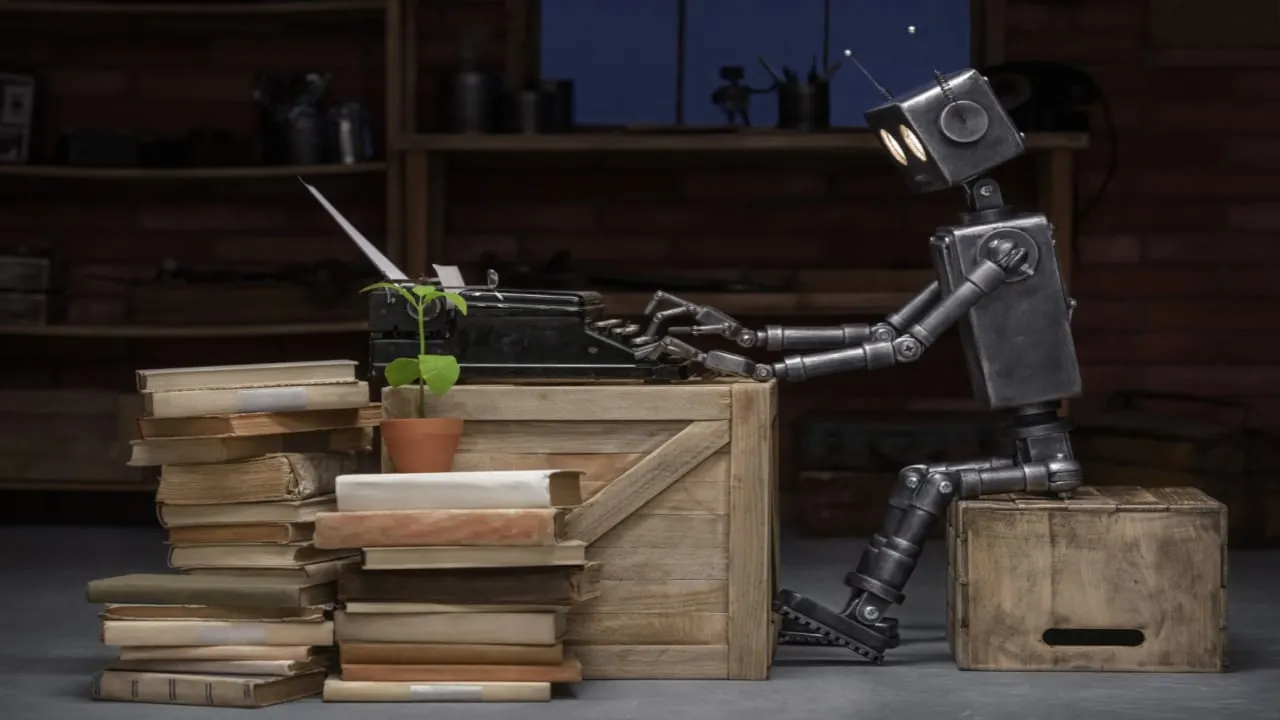Rapid advancements in Generative AI are set to dramatically alter the software engineering landscape, with Gartner forecasting that 80% of engineers globally will need to “upskill” during the next three years to remain relevant.
Its report, released last week, says what most developers have figured out by now: Generative AI tools are revolutionizing software development, with modest productivity gains in the short term followed by a complete transformation into AI-native engineering practices.
But all is not lost. Gartner insists human expertise and creativity will remain indispensable—and marketable.
"While AI will transform the future role of software engineers, human expertise and creativity will always be essential to delivering complex, innovative software," Philip Walsh, a senior analyst at Gartner, wrote in the report. “Building AI-empowered software will demand a new breed of software professional—the AI engineer.”
In fact, the rise of AI will give birth to a whole set of new jobs around it, Gartner previously claimed in a separate report.
Longtail effects of AI
The US tech research and consulting firm breaks down the impact of AI into three phases.
Initially, AI tools are expected to assist engineers in completing tasks more efficiently—similar to how developers currently use ChatGPT and other AI assistants. These tools will be most beneficial to senior developers already familiar with advanced engineering practices.
In the medium term, AI agents are expected to push these productivity gains further, automating a wider array of developer tasks, Gartner postulates.
In this AI-native era, the primary role of human engineers will shift from making code to guiding AI agents, with Gartner envisioning prompt engineering turning into a critical skill alongside competence in retrieval-augmented generation.
In the long term, Gartner sees the rise of the AI engineer as a new career for humans.
“The AI engineer possesses a unique combination of skills in software engineering, data science, and AI/machine learning, skills that are sought after,” Walsh said.
That shift is already happening.
Thousands of companies from around the globe are already opening positions for “prompt engineers” who pay a hefty $130,000 per position. Gartner's survey of 300 organizations in the U.S. and U.K. revealed more than half of industry leaders identified AI and machine learning engineers as the most in-demand role for 2024.
AI skepticism
Still, not everyone has such a rosy view.
Emad Mostaque, former CEO of Stability AI, predicted in July the end of human programmers within five years.
He argues GitHub data shows 41% of all code is already AI-generated, and this figure is only expected to grow as AI spreads out, Decrypt previously reported.
Amazon Web Services CEO Matt Garman shared a similar outlook back in August.
"If you go forward 24 months from now, or some amount of time—I can't exactly predict where it is—it's possible that most developers are not coding," he said at the time.
Garman, like the Gartner report, predicts that developers will shift their focus from coding to other areas of more creative problem-solving.
"Coding is just kind of like the language that we talk to computers," Garman explains. "It's not necessarily the skill in and of itself. The skill in and of itself is like, how do I innovate?"
This shift in the role of software engineers is part of a broader AI-driven transformation across industries.
IBM projects that 40% of the global workforce will need reskilling in the next three years to adapt to AI's growing influence. The challenge for both engineers and companies will be staying ahead of these changes by investing in skills, tools, and platforms that embrace AI rather than resisting its influence.
And some take a bleaker view of an AI-disrupted future.
Tesla CEO Elon Musk recently mused that the coming disruption will not only take our jobs but also our very purpose as productive beings. "I think the actual issue, the most likely issue, is how do we find meaning in a world where AI can do everything we can do, but better?" he said at the 2024 All-In Summit. On the bright side,
Musk also envisions everyone having a "robot buddy," though he stopped short of detailing how everyone could afford to buy one if we're all out of a job.
Edited by Sebastian Sinclair

